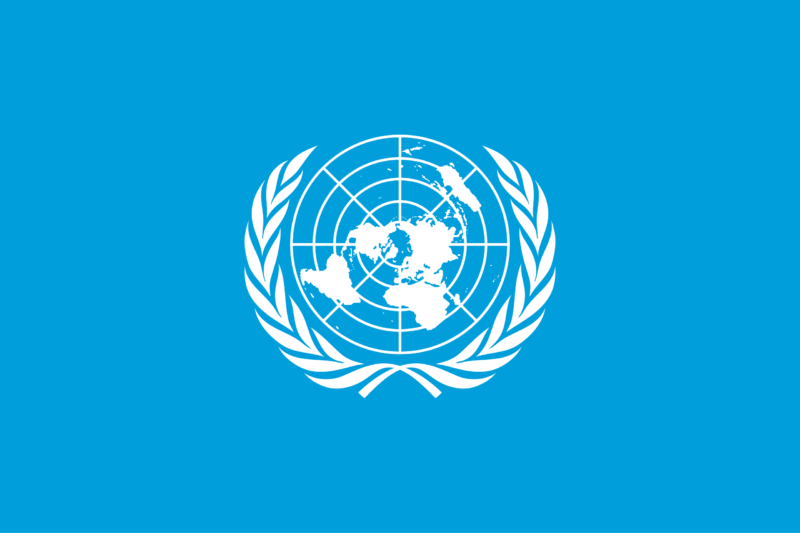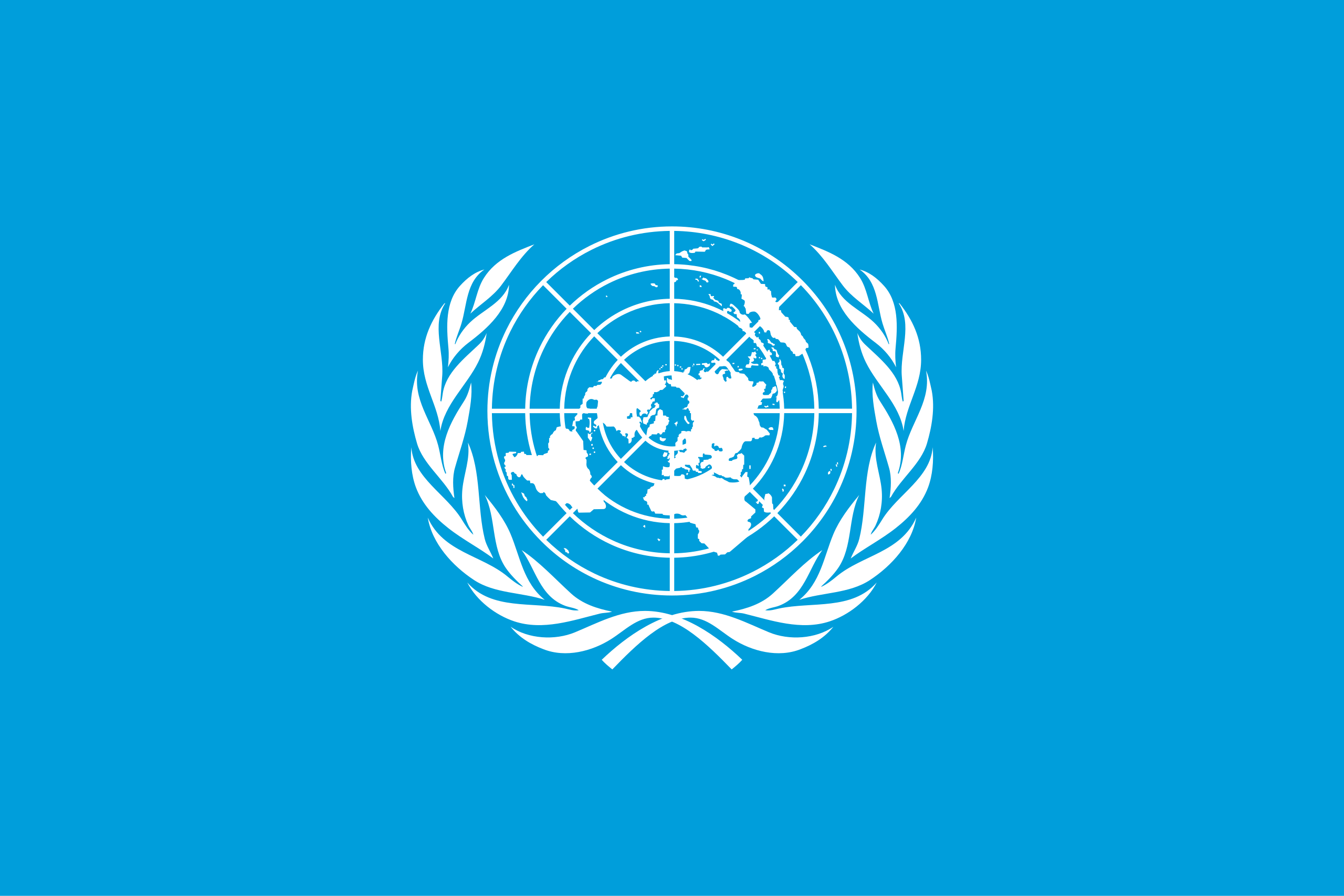1. 38th Emergency Committee Meeting
- On March 20, the World Health Organization (WHO) convened the 38th Emergency Committee under the International Health Regulations (IHR). In a statement issued on April 8, the committee recommended extending the Public Health Emergency of International Concern (PHEIC) regarding the international spread of poliovirus for an additional three months.
2. Polio Outbreak Status
- The WHO declared the international spread of poliovirus as a Public Health Emergency of International Concern (PHEIC) on May 5, 2014. In the 38th meeting mentioned above, the current situation was evaluated as still constituting a PHEIC, with the following assessment of the outbreak status:
- Countries with Ongoing Polio Transmission:
- Wild Poliovirus (WPV1):
- Afghanistan (latest detection: January 23, 2024)
- Malawi (latest detection: November 19, 2021)
- Mozambique (latest detection: August 10, 2022)
- Pakistan (latest detection: February 29, 2024)
- Vaccine-derived Poliovirus Type 1 (cVDPV1) or Type 3 (cVDPV3):
- Madagascar (latest detection: September 16, 2023)
- Mozambique (latest detection: November 6, 2023)
- Malawi (latest detection: December 1, 2022)
- Democratic Republic of the Congo (latest detection: November 24, 2023)
- Wild Poliovirus (WPV1):
- Countries with Vaccine-Derived Poliovirus (cVDPV2) Regardless of Local Transmission Evidence:
- Algeria (latest detection: January 29, 2024)
- Angola (latest detection: January 24, 2024)
- Benin (latest detection: December 5, 2023)
- Botswana (latest detection: July 25, 2023)
- Burkina Faso (latest detection: June 4, 2023)
- Burundi (latest detection: June 15, 2023)
- Cameroon (latest detection: September 28, 2023)
- Central African Republic (latest detection: October 7, 2023)
- Chad (latest detection: December 5, 2023)
- Republic of the Congo (latest detection: December 7, 2023)
- Côte d’Ivoire (latest detection: January 25, 2024)
- Democratic Republic of the Congo (latest detection: December 7, 2023)
- Egypt (latest detection: January 31, 2024)
- Guinea (latest detection: December 24, 2023)
- Indonesia (latest detection: December 7, 2023)
- Kenya (latest detection: October 17, 2023)
- Liberia (latest detection: January 24, 2024)
- Malawi (latest detection: January 2, 2023)
- Mali (latest detection: December 29, 2023)
- Mauritania (latest detection: October 18, 2023)
- Mozambique (latest detection: December 8, 2023)
- Niger (latest detection: December 19, 2023)
- Nigeria (latest detection: January 18, 2024)
- Senegal (latest detection: November 6, 2023)
- Sierra Leone (latest detection: January 5, 2024)
- Somalia (latest detection: December 15, 2023)
- South Sudan (latest detection: December 21, 2023)
- Sudan (latest detection: January 11, 2024)
- Tanzania (latest detection: November 20, 2022)
- Yemen (latest detection: December 11, 2023)
- Zambia (latest detection: June 6, 2023)
- Zimbabwe (latest detection: December 27, 2023)
- Countries without Current Polio Transmission but with Cases Detected within the Past 24 Months:
- Wild Poliovirus: None
- Vaccine-Derived Poliovirus:
- Canada (latest detection: August 30, 2022)
- Djibouti (latest detection: May 22, 2022)
- Ethiopia (latest detection: April 1, 2022)
- Ghana (latest detection: October 4, 2022)
- Israel (latest detection: February 13, 2023)
- Togo (latest detection: September 30, 2022)
- United Kingdom (latest detection: November 8, 2022)
- United States (latest detection: October 20, 2022)
- Countries with Ongoing Polio Transmission:
3. Consider Vaccination
- Those planning to travel to or residing in polio-affected countries (including Afghanistan, the United States, Algeria, Angola, Yemen, Israel, Indonesia, the United Kingdom, Egypt, Ethiopia, Ghana, Canada, Cameroon, Guinea, Kenya, Côte d’Ivoire, Republic of the Congo, Democratic Republic of the Congo, Zambia, Sierra Leone, Djibouti, Zimbabwe, Sudan, Senegal, Somalia, Tanzania, Chad, Central African Republic, Togo, Nigeria, Niger, Pakistan, Burkina Faso, Burundi, Benin, Botswana, Madagascar, Malawi, Mali, South Sudan, Mauritania, Mozambique, Liberia) should consider polio vaccination. Especially when traveling to areas with ongoing poliovirus transmission, consider booster shots even if previously vaccinated. Refer to the website of the local embassy for information on pediatric routine vaccinations and medical facilities.
4. Advisory for Entering Pakistan
- In response to WHO’s emergency recommendations, the Pakistani government mandates polio vaccination for all individuals, including foreigners staying in the country for over four weeks. At entry points, vaccination records in accordance with the International Certificate of Vaccination recommended by WHO may be checked.
5. About Polio
- Source of Infection:
- Polio (acute poliomyelitis) spreads when the poliovirus enters the mouth through direct contact with the feces or pharyngeal secretions of an infected person, particularly children, where it multiplies in the intestines. The virus is then excreted in the feces, potentially spreading to others through contact with contaminated surfaces. Rarely, it can also spread through contaminated water or food. Although adults can be infected, it primarily affects children.
- Symptoms:
- The incubation period ranges from 3 to 21 days (typically 7 to 21 days). About 90% to 95% of infections are asymptomatic. Mild symptoms occur in 4% to 8% of cases, including fever, cold-like symptoms, and gastrointestinal symptoms (sore throat, cough, sweating, diarrhea, constipation, nausea, etc.). Around 1% to 2% of cases may present with meningeal irritation symptoms like headache, nausea, vomiting, and neck or back stiffness. In 0.1% to 2% of cases, acute flaccid paralysis, particularly of the lower limbs, may develop, often within 1-2 days of fever. Paralysis or muscle weakness that persists for over 12 months can result in permanent disability.
- Treatment:
- While treatments have been attempted to halt the progression of paralysis and aid in recovery, there is no specific cure. Rehabilitation is conducted to maximize the use of remaining functional abilities in cases of paralysis.
- Prevention:
- Vaccination:
- Until August 2012, Japan used oral live vaccines as part of its routine immunization program. Since September 2012, inactivated polio vaccines administered by injection have been used. Those traveling to polio-affected countries should consider additional vaccination. Note that in rare cases, live vaccine virus may be excreted in the stool, posing a risk of transmitting the virus to unvaccinated individuals, leading to paralysis. However, this risk does not apply to the inactivated vaccine widely used in Japan.
- Infection Prevention:
- In areas with polio outbreaks, take the following precautions and seek immediate medical attention if infection is suspected:
- Wash hands frequently with soap and water, especially before eating and after using the toilet.
- Wash fruits and vegetables with safe water, and eat food that is thoroughly cooked.
- Consume only pasteurized dairy products.
- Use mineral water for drinking and cooking. If tap water is used, boil it thoroughly before use. Avoid using ice unless it is confirmed to be made from safe water.
- In areas with polio outbreaks, take the following precautions and seek immediate medical attention if infection is suspected:
- Vaccination:
- Vaccination Certificates:
- Domestic Certificates: Consult the medical institution that administered the vaccine for obtaining a vaccination certificate within Japan.
- Overseas Certificates: Contact the Japanese embassy in the destination country for obtaining a vaccination certificate abroad.





Comment